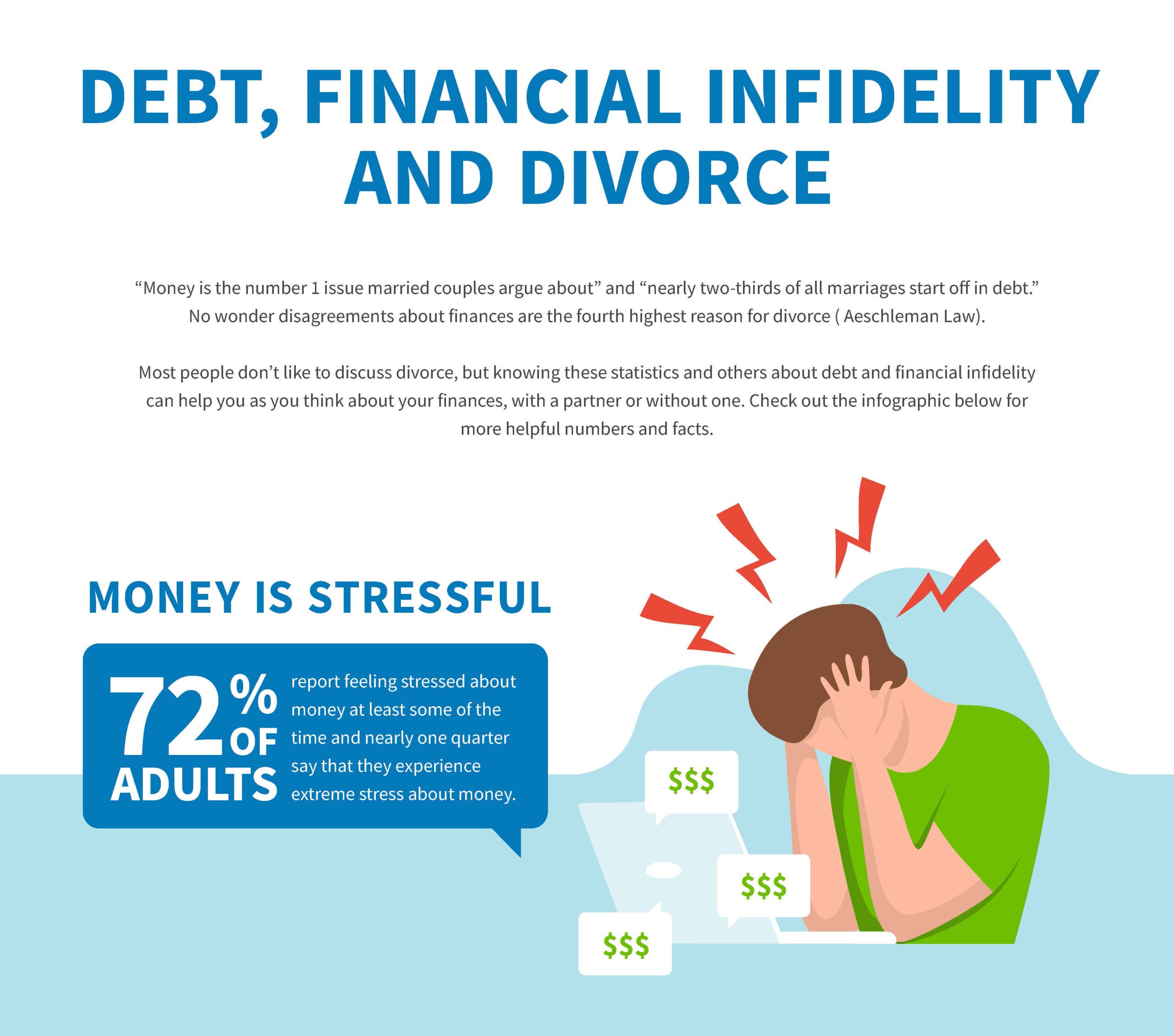The feeling that comes with graduation is a bit hard to describe; it’s a peculiar combination of relief at the end of exams, excitement about the future, pride in your accomplishment, and dread of the real world knocking down your door.
But, dreadful or not, the real world does come a-knocking, and your finances are one of the first places you’ll likely feel the effects. Not only will those ever-present student loans soon come due, but you’ll also need to start building credit and saving for retirement.
Unfortunately, only a few schools teach its students how to actually navigate the real world. So, we’ve put together a few key pieces of financial advice to help you get started on the right path.
Always, Always, Always Pay On Time
The first, most important rule of personal finance is to always pay your bills on time. Whether it’s a credit card statement, power bill, or car payment, you need to make at least the minimum required payment before the due date.
With typical late fees coming in north of $30 a pop, the cost alone is a good reason to pay on time. But, late fees aren’t the only reason to avoid late payments; your credit score is also strong incentive.
Your payment history is worth up to 35% of your FICO credit score, and every late payment reported to the credit bureaus can cause your credit score to drop by dozens of points. Bad credit not only makes it harder to qualify for new credit, but can also mean higher interest rates and fees, as well.
And even one reported delinquent payment can cause years of damage; up to seven years, in fact, as that’s how long delinquent payments live on your credit report.
Build a Budget
While everyone should put together a proper budget, it can be especially important when working with limited income and/or trying to pay down debt (such as student loans).
A detailed budget will be the most effective, but even a rudimentary budget outlining savings, bills, and discretionary funds can keep you on track and ensure you have enough money to cover your necessities every month, which will help keep you from accumulating debt.
Along those lines, a key part of that budget is the savings portion. Before you put any money toward extraneous expenses, like new clothes or meals out, you should pay your savings account.
For the best results, treat your savings like a bill that must be paid each month before you can have fun. You’ll thank yourself in an emergency when you don’t need to take on expensive debt to cover an unexpected expense.
Make More Than the Minimum Payment
Although your credit card statement typically comes with a minimum required payment, don’t assume that’s all you should pay.
Minimum payments are purposefully designed to encourage you to take as long as possible to repay your balance, because the longer you take, the more interest you pay, especially with one of the many high-interest credit-builder cards. Save yourself the interest fees and pay as much of your balance as you can afford to each month.
Look Before You Leap
A common financial nightmare is being stuck with a huge bill because you didn’t carefully read through your credit card or loan agreement before signing that dotted line (or clicking that “apply” button). While you may not need to read every word in the fine print, you should always check through all the terms of a financial agreement,
This can be particularly important if you’re taking advantage of any special promotions, such as an introductory interest rate deal. While you can find lists of cards offering 0% APR deals, these promotions can vary in everything from the length of the offer to which types of transactions qualify for the lower interest rate.
Also, watch out for special financing deals that operate on deferred interest models. With deferred interest, you need to pay off your entire financed amount before the end of the promotional period or you’ll be charged interest on the full amount, not just whatever is left.
Take Advantage of Automatic Payments
Given that the most important rule is to always pay on time, you should do everything you can to stack the deck in your favor here. So, if you’re at all prone to forgetting payments until the last minute — or, worse, entirely — you should probably look into setting up automatic payments.
Most banks will allow you to set up regular payments from your checking or savings account, with the ability to set your chosen due date and even the amount. Of course, you’ll need to be diligent to ensure you always have enough money in your account to cover any automatic payments.
Analyze Your Bills
The last piece of advice for graduates entering the real world is something often overlooked in the era of digital banking, but vitally important nonetheless: always look over your bills and credit card statements.
Given that few people keep and balance checkbooks anymore, the only way you’ll know if unauthorized charges have been made is to go over your accounts yourself each month.
If you do find charges you don’t recognize, be it a utility bill or credit card statement, be sure to notify your provider at once. Most credit card companies offer $0 liability policies for unauthorized charges, and the law also protects you from fraudulent charges, so speak up to avoid being on the hook for purchases that you didn’t make.
Learn How it Works
Carry on the conversation on our social media platforms. Like and follow us on Facebook and leave us a tweet on Twitter.
The post Financial Advice for Recent Graduates appeared first on CreditRepair.com.


No comment